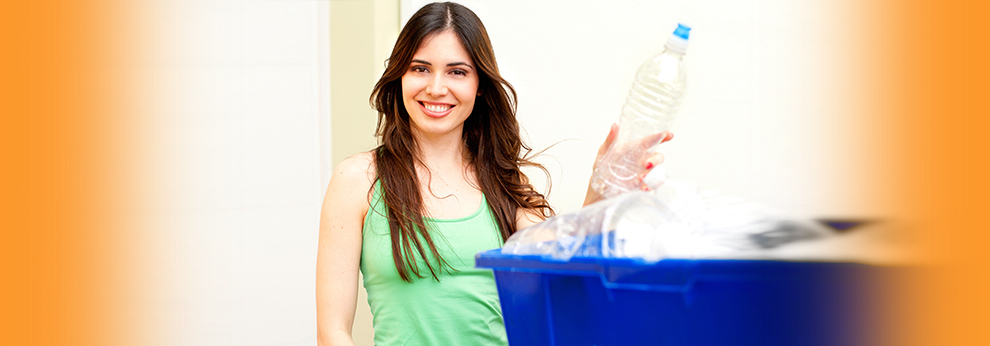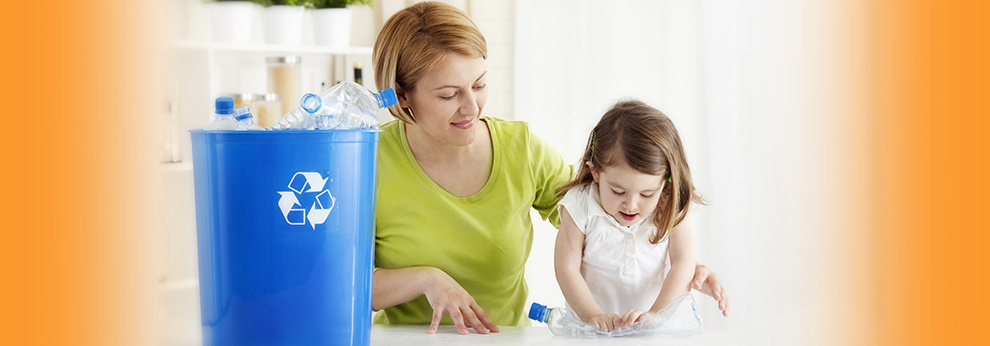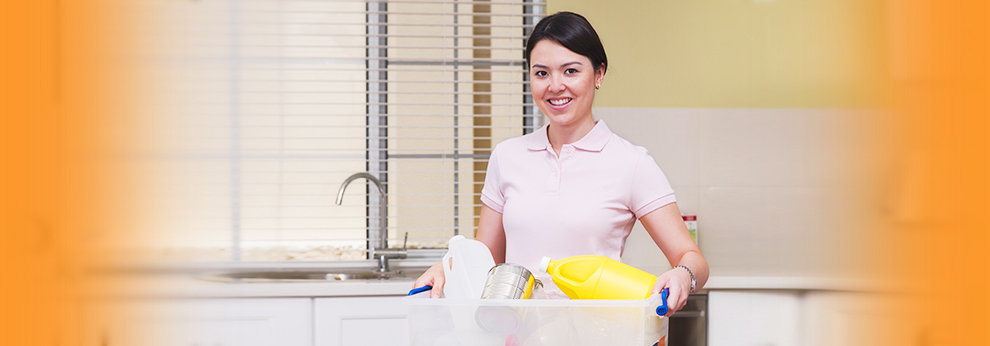Declutter Your World: A Key to Reducing Stress
Posted on 06/09/2025
Declutter Your World: A Key to Reducing Stress
Is your home or workspace overflowing with possessions you rarely use? Do you find your mental bandwidth shrinking when surrounded by clutter? If so, you are not alone. In today's fast-paced world, clutter is not just a physical issue - it's also a significant contributor to stress. Research shows that an organized environment leads to a calmer, more focused mind. Decluttering your world is more than a trend; it's a vital approach for anyone seeking to reduce stress and reclaim inner calm.
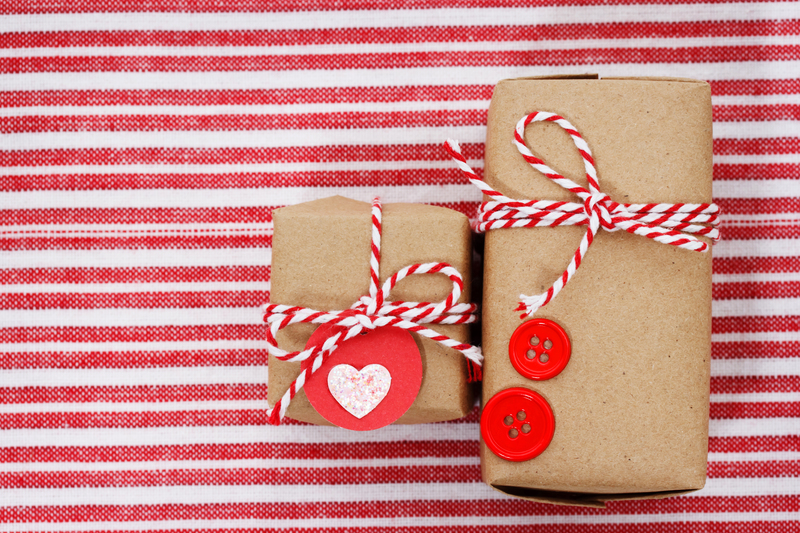
Understanding the Relationship Between Clutter and Stress
Clutter, in essence, refers to a collection of things lying about in an untidy mass. It can take many forms - from a chaotic workplace to overflowing drawers or even a congested digital desktop. But what makes clutter truly insidious is its profound impact on the mind. Multiple studies have shown that:
- Clutter creates visual noise, which can make it difficult to focus.
- Excessive possessions can cause feelings of guilt, frustration, and overwhelm.
- Chaotic environments disrupt productivity and make it hard to relax.
A survey by the Princeton University Neuroscience Institute found that physical clutter competes for your attention, resulting in decreased performance and increased stress. Beyond distraction, clutter is often linked to anxiety, insomnia, and even depression. Therefore, reducing the mess in your environment is a crucial step toward alleviating stress.
Why You Should Declutter Your World
Decluttering is more than just tidying up - it's an essential step in creating a peaceful environment and a more productive mindset. Here are some compelling reasons why you should make decluttering your world a priority:
- Improved Mental Clarity: A neat space helps clear your mind, allowing for sharper focus and better creativity.
- Lower Stress Levels: Organized spaces lead to lower cortisol levels, the body's main stress hormone.
- Boosted Productivity: When you know exactly where everything is, you save precious time and effort.
- Better Physical Health: Fewer items lying around mean less dust, dirt, and allergens in your home.
- Enhanced Happiness: Letting go of unnecessary items can create a sense of accomplishment and lightness.
Tackling clutter doesn't have to be overwhelming. In fact, by taking small, manageable steps, you can declutter your world and experience immediate benefits.
Types of Clutter That Can Cause Stress
Understanding the different kinds of clutter is crucial for developing an effective decluttering strategy. Here's a breakdown of clutter types that are most likely to induce stress:
- Physical Clutter: Unused items, piles of papers, and disorganized rooms.
- Digital Clutter: Overflowing email inboxes, countless desktop icons, and unused apps.
- Emotional Clutter: Nostalgic items we have trouble letting go of or possessions tied to past relationships.
- Social Clutter: Overcommitting your time and saying 'yes' to too many obligations.
Each type of clutter is unique, but all contribute to a sense of unease and stress. Decluttering your world requires addressing these categories systematically.
Effective Strategies to Declutter Your World
1. Start with Small Areas
The journey to reducing stress begins with one drawer, shelf, or corner at a time. Trying to overhaul your entire space in one go can be overwhelming. Instead:
- Pick a manageable area - it could be your desk, closet, or even a single shelf.
- Set a timer for 15-30 minutes and focus solely on that spot.
- Sort items into keep, donate, discard, and relocate piles.
2. Implement the "One-In, One-Out" Rule
*To prevent future clutter*, adopt the rule that for every new item brought in, one old item must go. This creates a mindful approach to consumption and helps maintain your decluttered world.
3. Digitally Declutter
Physical mess isn't the only culprit; digital clutter can be just as draining. To optimize your mental clarity:
- Unsubscribe from unwanted emails and newsletters.
- Delete or archive old files and apps you no longer use.
- Organize digital documents into clearly labeled folders.
A tidy digital workspace is just as essential in reducing stress as an uncluttered physical space.
4. Set Up Organization Systems
Establish storage solutions to keep everything in place. Some ideas include:
- Use labeled bins or baskets for small items.
- File documents immediately rather than letting them pile up.
- Assign a "home" for every item to make it easy to put things away.
5. Schedule Regular Decluttering Sessions
Treat decluttering as an ongoing habit, not a one-time event. Set aside time weekly or monthly to evaluate your spaces and keep clutter at bay.
Decluttering and Mental Health: The Science Behind It
The emotional and mental health benefits of organizing your environment are backed by science. Decluttering is linked to:
- Reduced Anxiety: Clean and ordered spaces help lower anxiety levels and make it easier to unwind.
- Improved Sleep: Less physical mess in your bedroom can lead to more restful sleep.
- Increased Mindfulness: The act of sorting and letting go encourages you to be present and intentional.
- Lower Depression Rates: Several studies indicate that people living in cluttered environments are more likely to experience depressive symptoms.
The mere process of decluttering your world can feel cathartic, as it offers an opportunity to confront procrastination and decision-making in a safe, manageable way. As you witness your environment transforming, feelings of accomplishment and empowerment follow - vital buffers against daily stress.
Expert Tips for Maintaining a Decluttered Space
1. Practice Mindful Consumption
Before making new purchases, ask yourself: Does this item add value to my life? Being selective about what you bring home avoids the rapid re-accumulation of things.
2. Create a Donation Box
Keep a box or bag in a convenient spot where you can regularly drop items you no longer need. When it's full, donate it to a local charity.
3. Declutter Visibly Busy Areas Daily
Entryways, kitchen counters, and living room surfaces tend to collect clutter quickly. Spend a few minutes at the end of each day putting things away and maintaining a calming environment.
4. Involve the Whole Family
If you live with others, make decluttering a shared responsibility. Assign specific tasks or zones to each person so that everyone can contribute to reducing household stress.
Decluttering Beyond the Home: Work, Social Life, and Mind
While home organization is crucial, don't overlook clutter in other key areas of your life:
- Work Environment: Keep your desk and digital workspace tidy to enhance focus and prevent overwhelm.
- To-Do Lists: Streamline commitments and prioritize essential tasks, saying 'no' when necessary.
- Emotional Space: Let go of toxic relationships or outdated obligations to make room for positive energy.
- Schedule: Build in downtime and guard it jealously; a cluttered calendar is as stressful as a messy drawer.
Common Decluttering Mistakes and How to Avoid Them
Many start their decluttering journey with enthusiasm, only to lose momentum. Here are common pitfalls and how to sidestep them:
- Trying to Do Everything At Once: Break projects into small steps and tackle them one at a time for lasting success.
- Holding onto "Just in Case" Items: If you haven't used it in a year, chances are you never will.
- Getting Stuck on Sentimental Items: Take photos of keepsakes before letting go, or limit yourself to a certain number of memory boxes.
- Failing to Maintain: Declutter regularly and don't let new clutter take root.
Practical Decluttering Checklist
Transforming your space needn't be overwhelming. Here's a simple checklist for any room:
- Remove anything broken, outdated, or unused.
- Give every item a proper place.
- Organize items by frequency of use.
- Store seasonal or rarely used items out of sight.
- Regularly review and edit your possessions.
Decluttering Tools and Resources
Luckily, there are plenty of tools to help you streamline your spaces:
- Storage Solutions: Shelving units, drawer organizers, closet systems, and storage bins.
- Digital Apps: Productivity and organization apps such as Evernote, Trello, or Notion.
- Books & Guides: Consider reading "The Life-Changing Magic of Tidying Up" by Marie Kondo or "Decluttering at the Speed of Life" by Dana K. White.
- Donation Services: Find local services for pickups or locate bins where you can drop off donations easily.
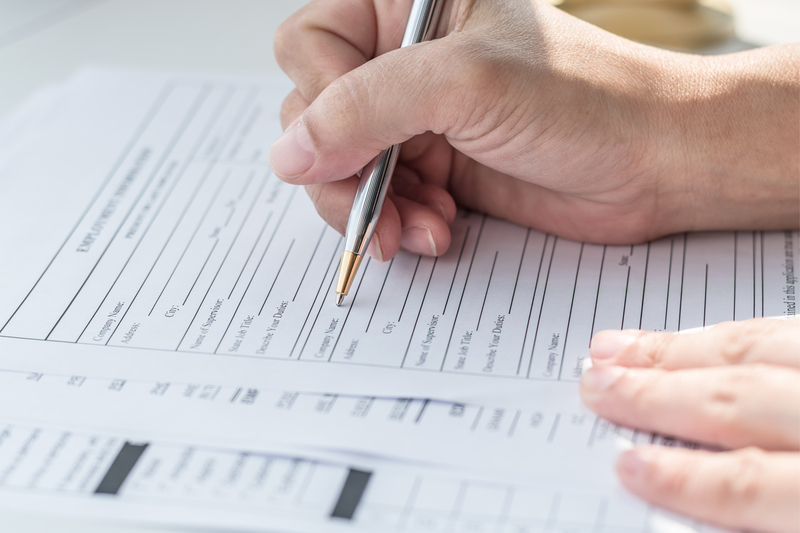
The Lasting Impact: Why Decluttering Reduces Stress Long-Term
The transformative power of simplifying your surroundings extends well beyond appearances. Here's how decluttering your world creates enduring changes:
- Promotes Mindfulness: The process requires tuning into what you truly need and value, creating a more intentional approach to living.
- Encourages Better Habits: Organizing leads to positive routines and a sense of structure.
- Frees Up Time: Less time spent searching for things means more time for self-care, hobbies, and relaxation.
- Increases Resilience: An orderly environment can help you face life's challenges with serenity and strength.
Conclusion: Start Decluttering Today for a Calmer Life
Clutter is more than an inconvenience - it's a pervasive source of stress that can rob you of peace, productivity, and happiness. By making the choice to declutter your world, you take a powerful step toward reducing stress and reclaiming your well-being. Whether you begin with a single drawer or embark on a whole-home transformation, you'll find the journey rewarding and the results profound.
Start small, stay consistent, and embrace the freedom that comes from living in a clutter-free environment. Your mind and body will thank you, and you'll discover renewed energy to pursue what truly matters.
Declutter your world today and unlock the gateway to a more peaceful, stress-free life!

